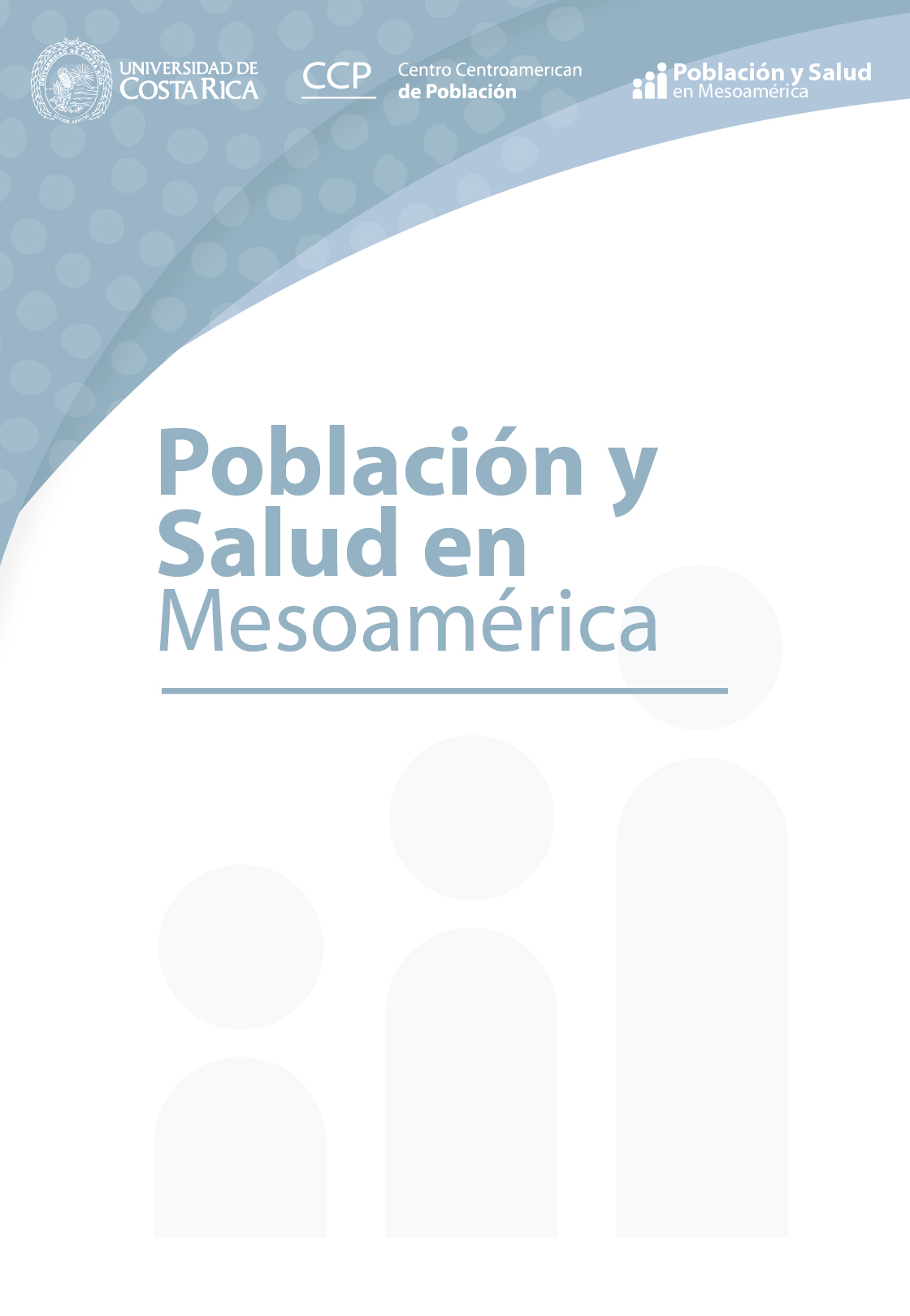Abstract
Introduction: Tuberculosis (TB) persists as an important public health problem in Argentina with a worrying concentration in large urban centers. The objective of this study is to recover the meanings and practices of professionals from a public network of health services in a large urban conglomerate on the TB care-care process. Methodology: An exploratory study with a qualitative approach was carried out, based on semi-structured interviews with members of the health teams of a hospital and health centers of the CABA. Results: It was identified that, from the perspective of the health teams, there are different nuances of meaning about the complexity of the TB approach. These varied according to the characteristics of the services in which they were inserted and of the people with TB. Strategies for dealing with complex cases were described: having interdisciplinary teams, acting together with other health effectors and dialoguing with civil society organizations under a territorial approach. Conclusions: The control of the TB problem in large urban conglomerates presents extensive challenges. From the perspective of health teams, complex situations are observed that require the development of certain strategies to address them. These allow the adaptation of interventions to provide an integrated response.



